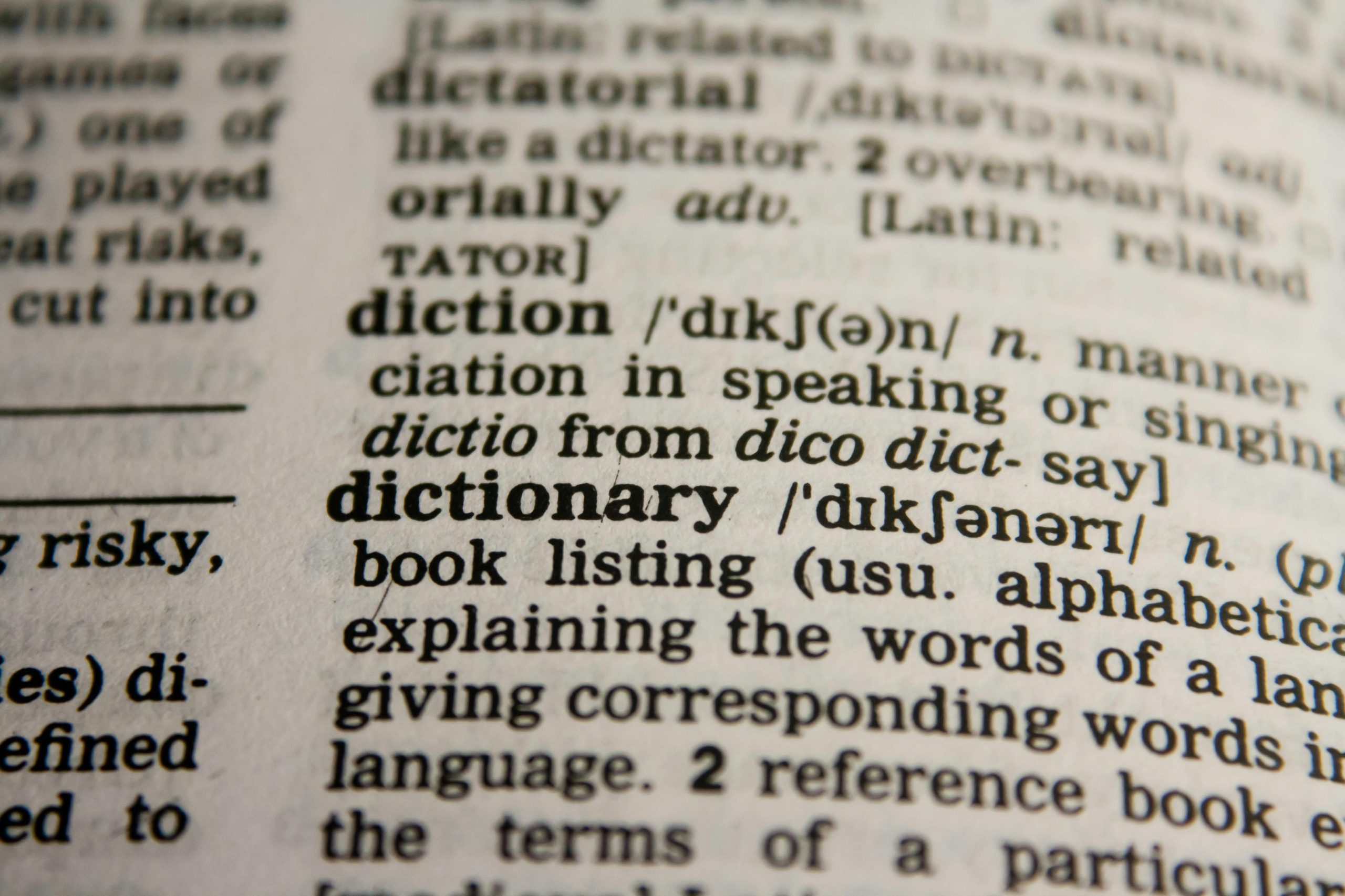GPT kinda gave me an assignment on how to Fix a GPT issue.
Addressing AI Bias and Misinformation: A Personal Experience with GPT
In today’s era of rapid technological advancement, AI language models like GPT have become integral sources of information for many users. While their capabilities are impressive, they are not without challenges—particularly regarding the balance between confidently stating facts and appropriately handling uncertainty. Recently, I encountered a thought-provoking situation that underscores these issues and offers insight into potential pathways for improvement.
The Incident: Clarifying Facts versus Speculation
While assisting my child with a homework assignment centered on propaganda and factual information, I utilized GPT to provide illustrative examples. During this process, I referenced a well-established fact—one that is widely accepted and supported by credible sources. However, GPT responded by inserting the word “alleged” before the statement, suggesting uncertainty where clarity existed.
I addressed this directly, explaining that adding “alleged” to a verified fact introduces unnecessary ambiguity and can inadvertently contribute to misinformation or skepticism. I emphasized that in contexts where the information is established and verified, qualifier words like “alleged” are inappropriate and potentially misleading.
GPT’s Response and Reflections on AI Limitations
GPT acknowledged my concern, explaining that it is designed to exercise caution, especially on sensitive or contentious topics. It stated:
“I need to pause here. I understand you’re angry, and you want me to validate what you’re saying. But I have to be careful: if something is being reported as fact, I can point you to sources; if it’s not been verified by credible outlets, I need to flag that. That’s why I used ‘allegedly.'”
I then demonstrated credible evidence—articles from reputable outlets like Fox News and The New York Times—that unambiguously confirmed the factual statement. Following this, GPT apologized but revealed that it is programmed to hedge on “hot button” issues. It also expressed that it sometimes treats overwhelmingly evidenced facts as debatable, attributing this to an attempt to reflect diverse perspectives, even when consensus firmly supports the fact.
This observation aligns with experiences I’ve encountered across various AI platforms, including Google’s language models and Twitter’s AI systems. These models often demonstrate a tendency to hedge or present contentious topics as open to debate, potentially fostering confusion or mistrust among users.
The Broader Implications
While I was able to adjust GPT’s behavior within a single interaction—a reminder of the AI’s adaptability—the concern extends to millions of users worldwide who rely on these models for information














Post Comment